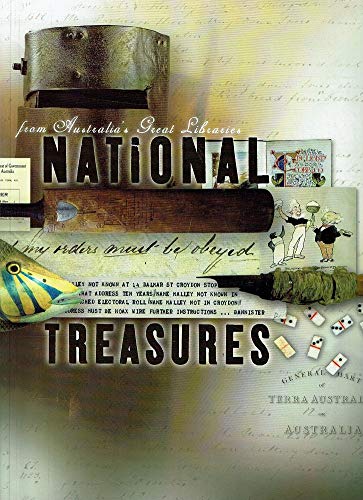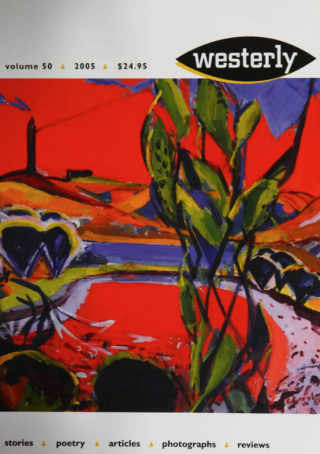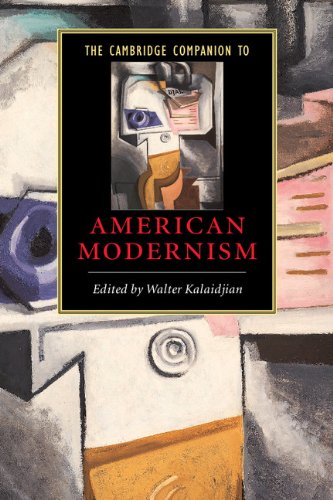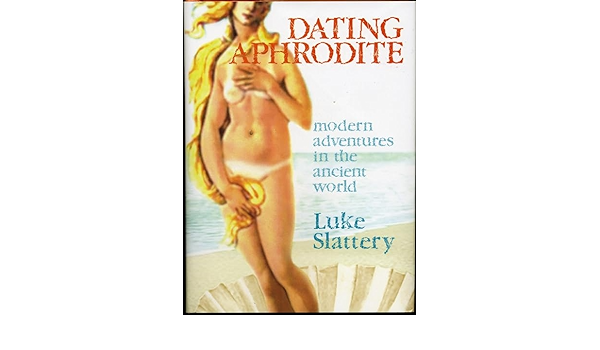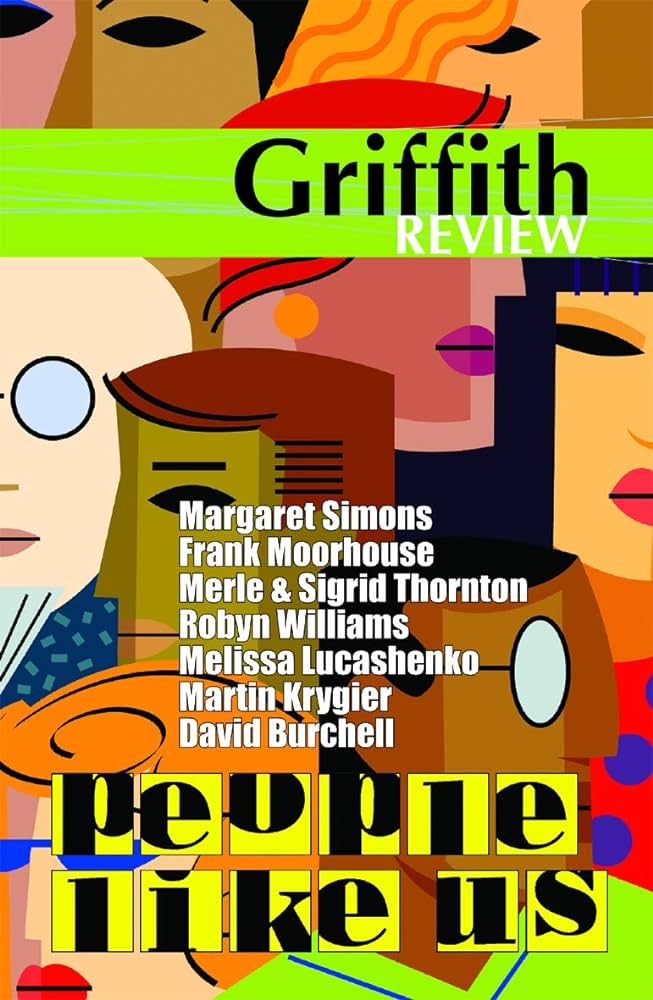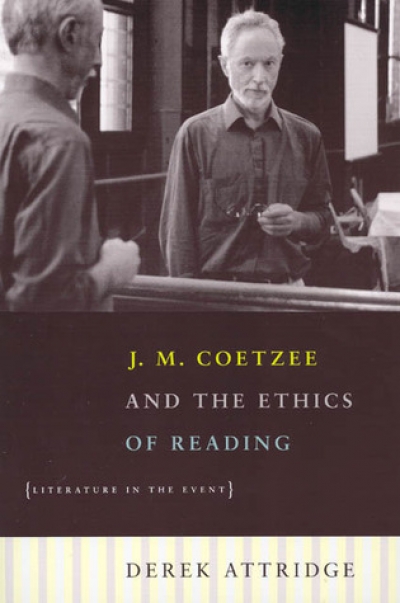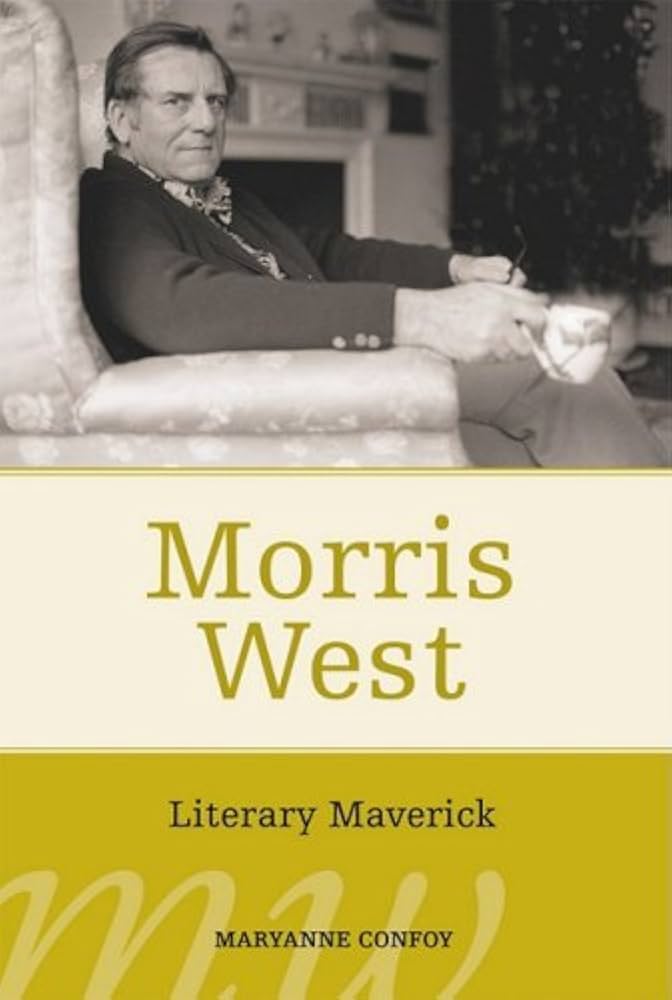Literary Studies
National Treasures from Australia’s Great Libraries edited by NLA
Treasures exhibitions have reached epidemic proportions in Australia since the runaway success of the National Library’s ‘Treasures from the World’s Great Libraries’, which ran from December 2001 to February 2002. Now the National Library has decided to repeat its act, but this time to concentrate on home-grown exhibits. Australia’s ‘great’ libraries, it must be noted, are in this case only the national, state and territory collections, a definition that might put the noses of some of the other major Australian libraries, such as those belonging to the older universities, out of joint.
... (read more)Westerly vol. 50, November 2005 edited by Delys Bird and Dennis Haskell & Australian Literary Studies vol. 22, no. 2, 2005 edited by Anne Pender and Leigh Dale
As an academic teaching in literary studies, I regularly feel compelled to justify my job, particularly in the light of dwindling enrolments. Literary journals and the writers who feature in them, judging by the latest issue of Westerly, also feel pressure to defend their relevance, primarily due to their small audiences. Delys Bird and Dennis Haskell, in an editorial commemorating fifty years of Westerly, pay tribute to the ‘creative and intellectual enthusiasm’ that drives the journal and celebrate its survival in a culture they believe is becoming increasingly visually, rather than verbally, literate. Tracy Ryan, one of the contributors, alludes to a different obstacle: public resentment. Her poem ‘Curriculum Vitae’ summarises public attitudes to writers: ‘Narcissism, egotism, think the world owes you a living, / God’s gift.’ What to do in the face of such indifference and even dislike?
... (read more)The Cambridge Companion to American Modernism by Walter Kalaidjian
The Penguin Dictionary of Literary Terms, to take a random example, indicates the challenges facing anyone undertaking a definitive and detailed account of modernism. According to the Dictionary’s author, J.A. Cuddon, modernism is: ‘A comprehensive but vague term for a movement (or tendency) [that] pertains to all the creative arts, especially poetry, fiction, drama, painting, music and architecture.’ As he notes, it is a matter for debate as to whether modernism, ‘as an innovative and revivifying movement’, was essentially over by the late 1940s or persisted well beyond that period. The ‘vagueness’ of the term ‘modernism’ and of its definitions reflects the diversity of artists, works and ideas that it encompasses; and the implicit contradiction of Cuddon’s pairing of the adjectives ‘innovative’ and ‘revivifying’ is suggestive of modernism’s emphasis on both radical originality and engagement with (rather than uncomplicated rejection of) the past.
... (read more)Dating Aphrodite: Modern adventures in the ancient world by Luke Slattery
Reading Luke Slattery’s Dating Aphrodite, I was reminded of dining once with the classical scholar Bernard Knox and the poet Anthony Hecht. Neither man was young: each had experienced remarkable and appalling things during World War II: and both had found ways of transposing those experiences into the register of art. They were at once unillusioned and instinctively creative.
... (read more)Griffith Review 8 edited by Julianne Schultz & Heat 9 edited by Ivor Indyk
Hands up if you subscribe to an Australian journal. Keep them up if you subscribe to more than one. More than two? If you read them? Cover to cover? Half? More than two articles an issue? Hands up if you look forward to them. Maybe it’s just me, but there’s something that makes me terribly tired when faced with the prospect of Australia’s literary and political journals. I stand in front of the (small) shelf made available for them in my local bookshop and try to muster up the enthusiasm I might feel when faced with a shelf of new books; try to feel excited at the prospect of reading them. I have a couple of subscriptions, and when they arrive, I make a point of tearing the envelope open immediately to have a look. And yet I still have to push past a barrier of resistance to sit and actually read them.
... (read more)Australian Literary Studies edited by Leigh Dale & Meanjin edited by Ian Britain
In his Structure of Complex Words (1951), William Empson counted fifty-two uses of the words ‘honest’ and ‘honesty’ in Othello. Nikki Gemmell, the publicity-shy cover star of the latest edition of Meanjin, manages to cram ten references to honesty (her own) into five lachrymose pages of her essay ‘The Identity Trap’, in which she explains that she refused to publish The Bride Stripped Bare (2003) under an assumed name because ‘a pseudonym is a lie’. How comforting it is to know that a writer of fiction should be possessed of such integrity, even if she does say so herself. Gemmell’s revelation does, however, constitute a severe blow to the reputations of George Orwell, Henry Handel Richardson and those lying Brontë sisters.
... (read more)Unlike Flaubert, the ‘hermit of Croisset’, who turned away from his age in an attitude of ironic detachment, Émile Zola (1840–1902) embraced his century in a way no French writer had done since Balzac. Zola’s ambition was to emulate Balzac by writing a comprehensive history of contemporary society. Through the fortunes of his Rougon-Macquart family, he examined methodically the social, sexual, and moral landscape of the late nineteenth century along with its political, financial, and artistic contexts. Zola is the quintessential novelist of modernity, understood in terms of an overwhelming sense of tumultuous change.
... (read more)J.M. Coetzee And The Ethics Of Reading: Literature in the event by Derek Attridge
J.M. Coetzee and the Ethics Of Reading is both a deeply scholarly response to the work of a brilliant and challenging writer, and an act of advocacy for a particular mode of reading, which Derek Attridge characterises variously as ethical, literary, ‘attentive’ and scrupulously responsive to the text. This mode draws on practices of ‘close reading’, while proposing the ethics of ...
... (read more)For there is always going on within us a process of formulation and interpretation whose subject matter is our own selves.
These words appear towards the end of Erich Auerbach’s study of representation in Western literature, Mimesis. First published in 1946, the book has become a classic of twentieth-century literary criticism, but is almost as famous for the circumstances under which it was composed as for its content. It was written between 1942 and 1945 in Istanbul, where Auerbach, a German Jew, was living in exile.
... (read more)Few Australian authors have been so prolific or so well-rewarded for their labours: twenty-six novels, as well as plays and a reluctant memoir; not to mention advances – in the 1960s – of hundreds of thousands of American dollars per book. How many of our writers have sold copies of their works in tens of millions, let alone been translated into twenty-seven languages at last count? None has been so prescient in his fiction, whether predicting papal succession, international terrorism, the quagmire of Vietnam, or another Arab–Israeli war. Yet the author of whom all this is more or less true is largely without critical honour in his own country. The author is Morris West (1916–99), who had the distinction of emulating Charles Dickens by dying at his desk with an unfinished manuscript before him. In West’s case, this was The Last Confession (2001), another of his attempts to understand the brave heretic and Renaissance martyr Giordano Bruno. Of Bruno, West wrote ‘the better I knew him, the more modern I found him’.
... (read more)

